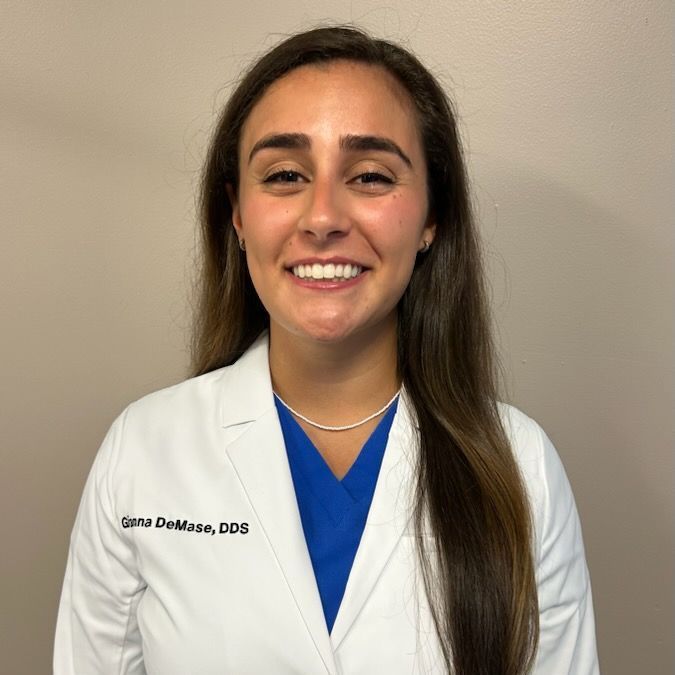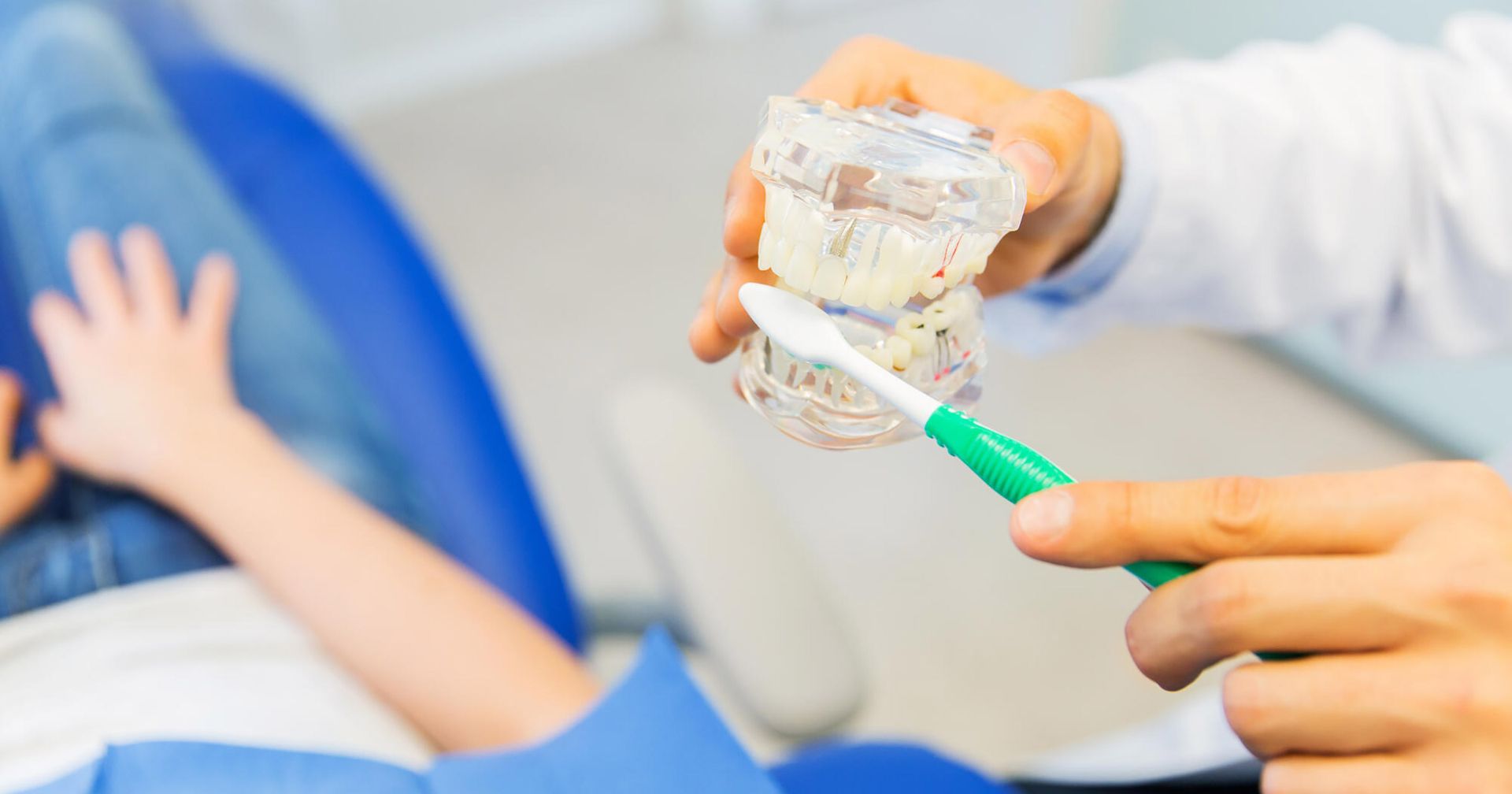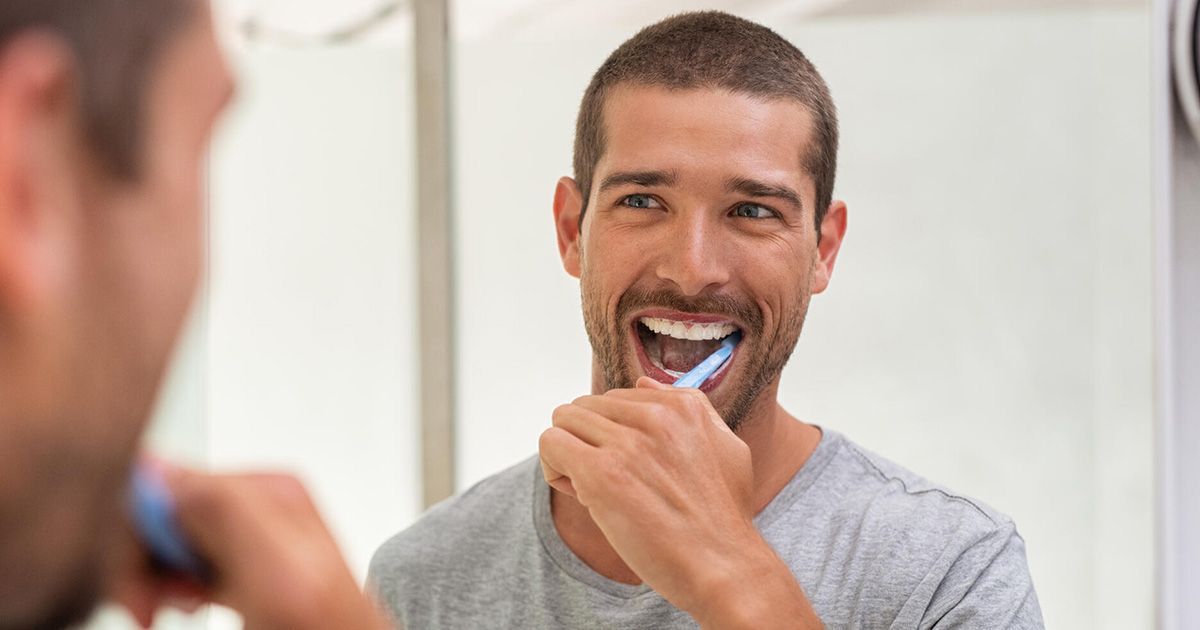9 Root Canal Recovery Tips for Patients
Getting a root canal can feel intimidating. Check out these nine helpful root canal recovery tips for patients that are guaranteed to help you.
Each year, endodontists perform about 15 million root canals across the country. We know this procedure like the backs of our hands but for you, this type of dental procedure may be totally new.
A root canal can get rid of the major tooth pain you've been experiencing as a result of a bacterial infection. Your endodontist will take care of the hardest part, but you play a role in the long-term success of the procedure.
We're here to share root canal recovery tips that can lead to smooth and speedy healing. Read on for nine things every patient should do while recovering from a root canal.
1. Take the Day Off
The length of your root canal will depend on a variety of factors, particularly the tooth your dentist is operating on. For example, while we can often remove an incisor in as little as 45 minutes, molars tend to take at least 90.
Whenever possible, we advise patients to take the full day off, even for an early morning appointment. In the hours after your procedure, you will still experience some numbness, followed by mild pain or soreness.
2. Discuss Your Post-Treatment Plan
Your dentist won't send you out into the world without discussing your root canal recovery. In fact, you'll receive plenty of information in your pre-op appointment. This is the time to let your dentist know about any pre-existing conditions or prescriptions you take that could impact your post-treatment plan.
This is also a great time to get specifics about your
root canal recovery timeline. While the same recovery tips tend to apply across the board, the duration of post-treatment care varies based on your specific dental health.
3. Wait to Eat
As we mentioned earlier, you're going to leave your appointment with some residual numbness. This can last between two and five hours.
Try to hold off on eating until the numbness wears off. For the first 24 hours after your surgery, stick to soft foods like smoothies, yogurt, and mashed potatoes.
4. Practice Pain Management
Most people will find that by the second week, they're feeling back to normal. In the meantime, it's not unusual to experience some mild pain and discomfort around the surgery site.
Unless otherwise directed, you can use ibuprofen and acetaminophen to stay ahead of the pain. You can also soothe the area and reduce swelling by using a cold pack for up to 15 minutes at a time. Regular pain management over the first two days may lead to a more comfortable recovery.
5. Chew With Care
After the first 24-48 hours, many patients can start to return to a normal diet. However, you may want to avoid really hard or chewy foods (like hard pretzels or gummy candy) for a few weeks.
This is especially important if you have a temporary crown. You want that temporary crown to stay put until you come back for your final restoration. Knocking it loose will expose the freshly-treated root, leading to pain and potential complications. Talk to your dentist about what you can and can't eat until you get your permanent crown.
6. Take Your Full Course of Antibiotics
Some patients will be prescribed antibiotics to take after their root canal procedure. The purpose is to wipe out any remaining bacteria and to prevent infection while the gums heal.
If your dentist prescribes an antibiotic, please take the full course unless you experience an adverse or allergic reaction while taking it. If you don't take the full course, you run a higher risk of developing an infection, which can delay your recovery and lead to additional complications. Keep in mind that there's no real benefit to "saving" antibiotics for later use.
7. Commit to Daily Dental Hygiene
Root canals are less invasive than you might think. While you may experience tenderness around the treated area, you can (and should) maintain your daily dental hygiene routine. That includes brushing your teeth at least twice a day and flossing at least once.
It's crucial that you prevent plaque from building up around the treated tooth. Regular dental hygiene removes bacteria from the mouth and is an important part of preventing future infections. Talk to your dentist if brushing causes bleeding and discuss the benefits of switching to a soft-bristled or electric toothbrush for better teeth and gum care.
8. Call for Dental Health Concerns
A small amount of pain and swelling in the days after your root canal is expected. However, there are some signs that you should contact your dentist for additional care after a root canal. These include:
- Excessive swelling or swelling that doesn't go down after two days
- Severe pain that you can't manage with OTC medications
- Loss of or damage to your temporary filling
- Fever
- An uncomfortable bite
Most patients are in a good deal of pain before their root canal. Though the procedure leads to a small amount of pain, it should be at a low level in comparison. If it isn't or you experience other concerning symptoms, call your dentist.
9. Come to Your Follow-Up Appointments
Depending on the nature of your root canal, you may have follow-up appointments. For example, your dentist may need to replace your temporary crown with a permanent fixture. They may also want to take a look at the area to make sure the infection is gone.
Always attend your follow-up appointments. If you don't have a follow-up appointment, be sure to schedule your biannual teeth cleaning. Regular dental care is a great way to catch problems as they arise or prevent them altogether.
Talk to Your Brewster Dentist for More Root Canal Recovery Tips
Each year, millions of patients benefit from root canals. These root canal recovery tips can ensure long-term success and infection prevention.
Dr. Rohit Z. Patel, DDS is proud to provide expert dental care to Brewster-area residents. Graduating at the top of his class at Columbia University College of Dental Medicine, he is committed to the latest treatments and preventative methods. Contact us to schedule your next appointment or find out more about the root canal procedure.
Dr. Rohit Z Patel
D.D.S
After graduating at the top of his class, Dr. Patel continued his postgraduate studies in endodontics at Columbia University College of Dental Medicine in New York. He was appointed to assistant clinical professor of dentistry at Columbia University and later moved on to teach at the Montefiore Medical Center’s Department of Dentistry. Westchester Magazine recognized Dr. Patel as a “Top Dentist for 2012.”
Dr. Yung Kim
D.D.S
Dr. Yung Kim is a double board certified Periodontist and board certified Prosthodontist, educated to treat many extremely complex disorders involving gum disease, tooth decay, and oral pathology. His focus is on full-mouth, complex, surgical, and reconstructive dentistry. He has extensive knowledge of implant dentistry and advanced surgical procedures, specializing in teeth in a day and All-on-Four implants. He is also Invisalign certified and experienced with CAD/CAM restorations and dentures.
Dr.Santvana Vyas
D.D.S
Dr Vyas attended NYU College of Dentistry and earned DDS in 2016 at the top of her class. She was inducted into Omicron Kappa Upsilon (OKU), the national dental honor society and earned Outstanding Achievement Award in study of Prosthodontics.
Dr Vyas is an active member of American College of Prosthodontics (ACP) and American Dental Association (ADA). She is appointed as a Clinical Assistant Professor at NYU College of Dentistry. She is married and is blessed with two sons.
Dr. Gianna DeMase
D.D.S
Dr. DeMase received her undergraduate degree from Binghamton University where she double-majored in Biology and Spanish. She then earned her Doctor of Dental Surgery from New York University College of Dentistry where she graduated with honors in periodontics. After dental school, Dr. DeMase completed a General Practice Residency at Jacobi Medical Center, a level one trauma hospital. Here, she participated in community outreach in the women’s health clinic and taught medical students how to do oral exams. She also worked with special needs patients in Jacobi’s Rose F. Kennedy Center. Dr. DeMase remains committed to being active in the community.
Read More
Dr. DeMase has experience in cavity restoration, endodontics, oral surgery, oral pathology, and prosthodontics including implant restorations.
She highly values patient education and always ensures your comfort and understanding of the treatment. She strongly believes in patient centered care and therefore tailors each treatment plan to you and your needs. As a member of the American Dental Association, Dr. DeMase is always aware of the latest studies and developments in the dental field and strives to apply them to her practice. In her spare time, she can usually be found with a book in her hands.

















